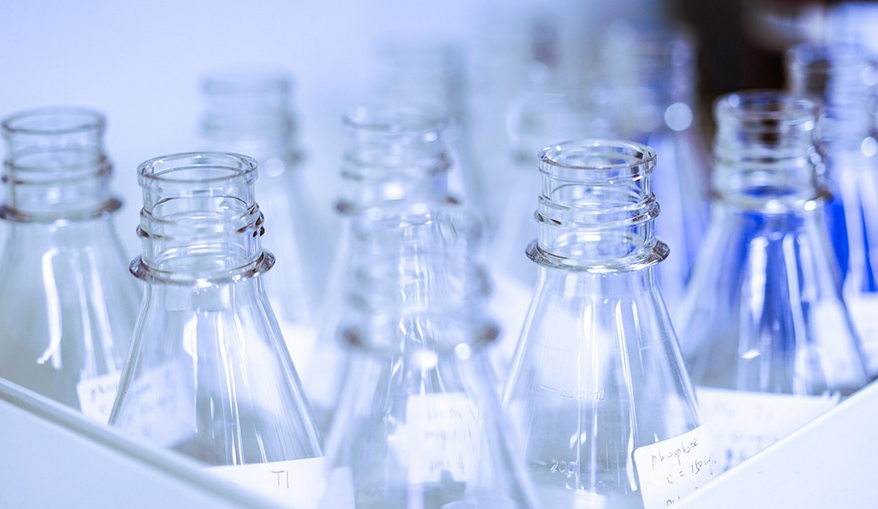The Basics of Chemistry and Medicine
Chemistry is the study of matter, its properties, and how it interacts with other matter. Medicine, on the other hand, is the study of the prevention, diagnosis, and treatment of disease. While these two fields may seem unrelated, chemistry plays a crucial role in the development and advancements of medicine.
Chemistry and Drug Development
One of the most significant ways chemistry is related to medicine is through drug development. Chemists are responsible for designing and synthesizing new drugs that can be used to treat or cure diseases. They work closely with medical professionals to identify the chemical compounds that can be used to target specific diseases.
The Chemistry of Drug Interactions
Chemists also study the interactions between drugs and the human body. They analyze how drugs are metabolized and eliminated from the body, and how they interact with other drugs and substances in the body. This information is crucial for medical professionals to ensure that patients are receiving the correct dosage and combination of drugs.
Medical Imaging and Chemistry
Chemical compounds are also used in medical imaging, which allows doctors to see inside the body and diagnose diseases. For example, contrast agents used in MRI scans contain chemical compounds that enhance the image quality and provide more detailed information about the patient’s condition.
The Role of Chemistry in Medical Research
Chemistry also plays a crucial role in medical research. Chemists are involved in the development of new medical technologies, such as nanotechnology, that can be used to target specific cells or tissues in the body. They also study the chemical interactions between cells and tissues, which can lead to new treatments for diseases.
Chemistry and Personalized Medicine
Personalized medicine is a new approach to healthcare that uses a patient’s genetic information to tailor treatments to their individual needs. Chemistry is essential in this field, as it allows scientists to understand how specific genetic mutations affect the body and how drugs can be designed to target these mutations.
Conclusion
In conclusion, chemistry is an essential part of medicine. It plays a crucial role in drug development, medical imaging, medical research, and personalized medicine. Without chemistry, many of the medical advancements we enjoy today would not be possible.

